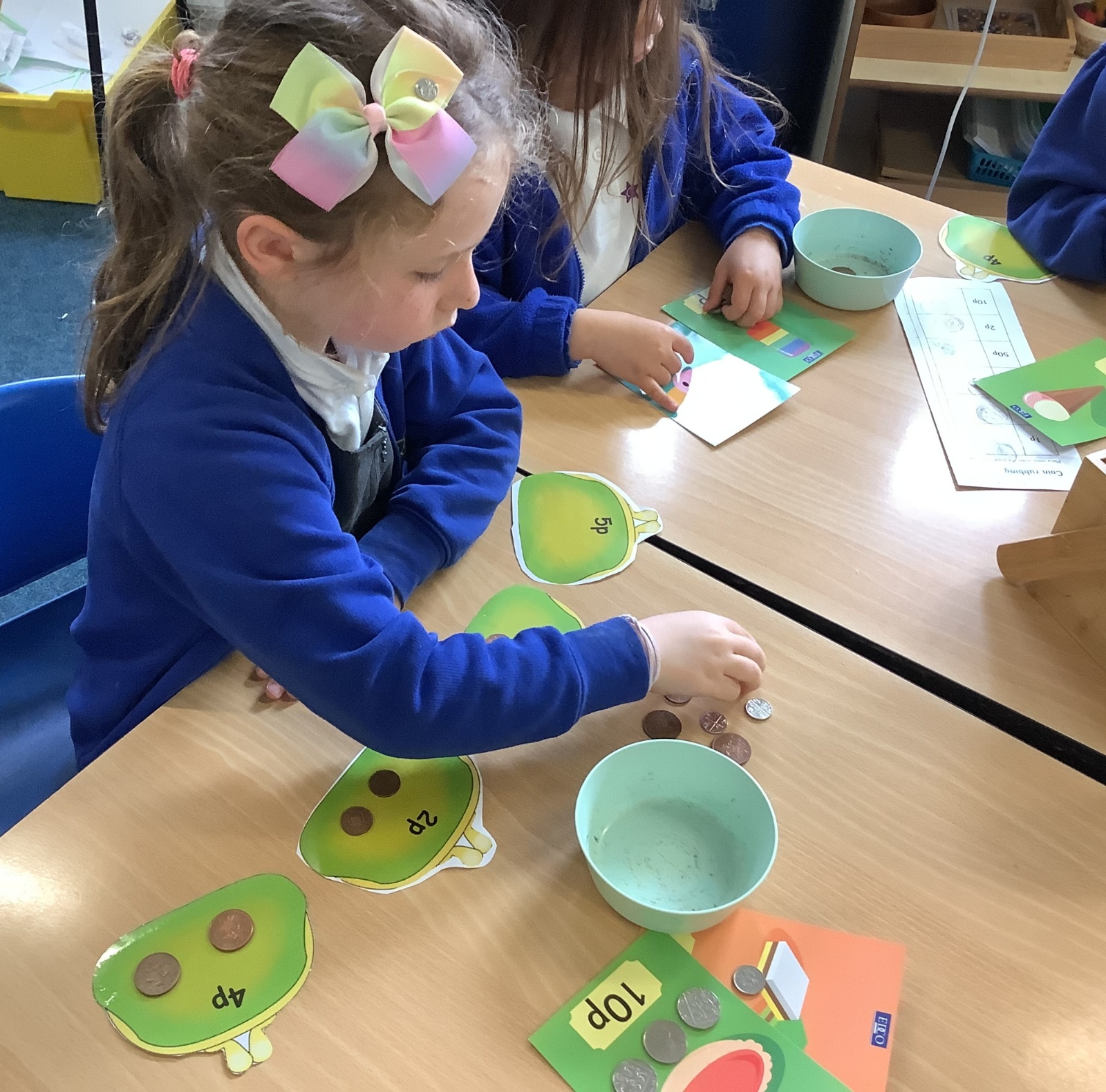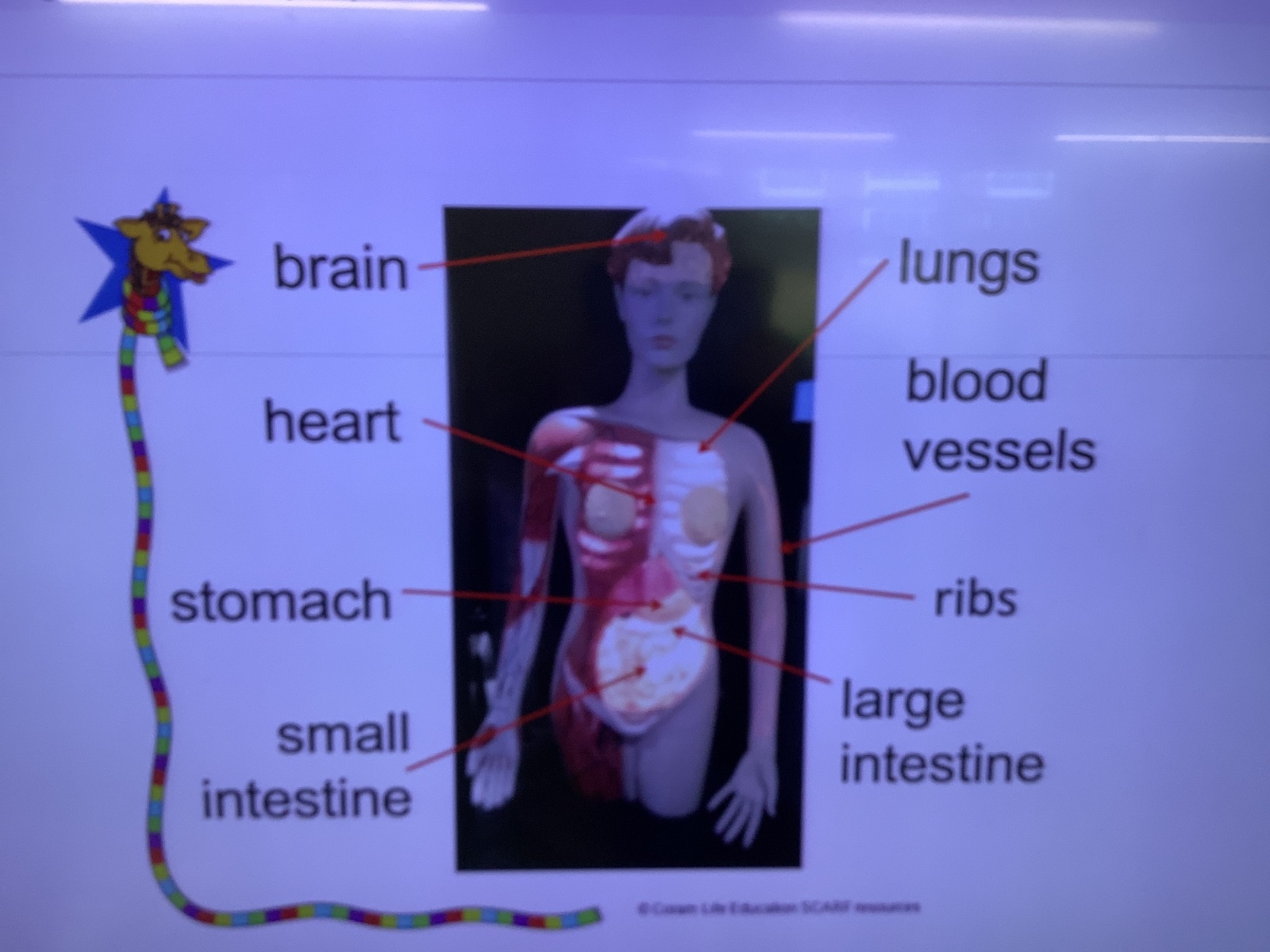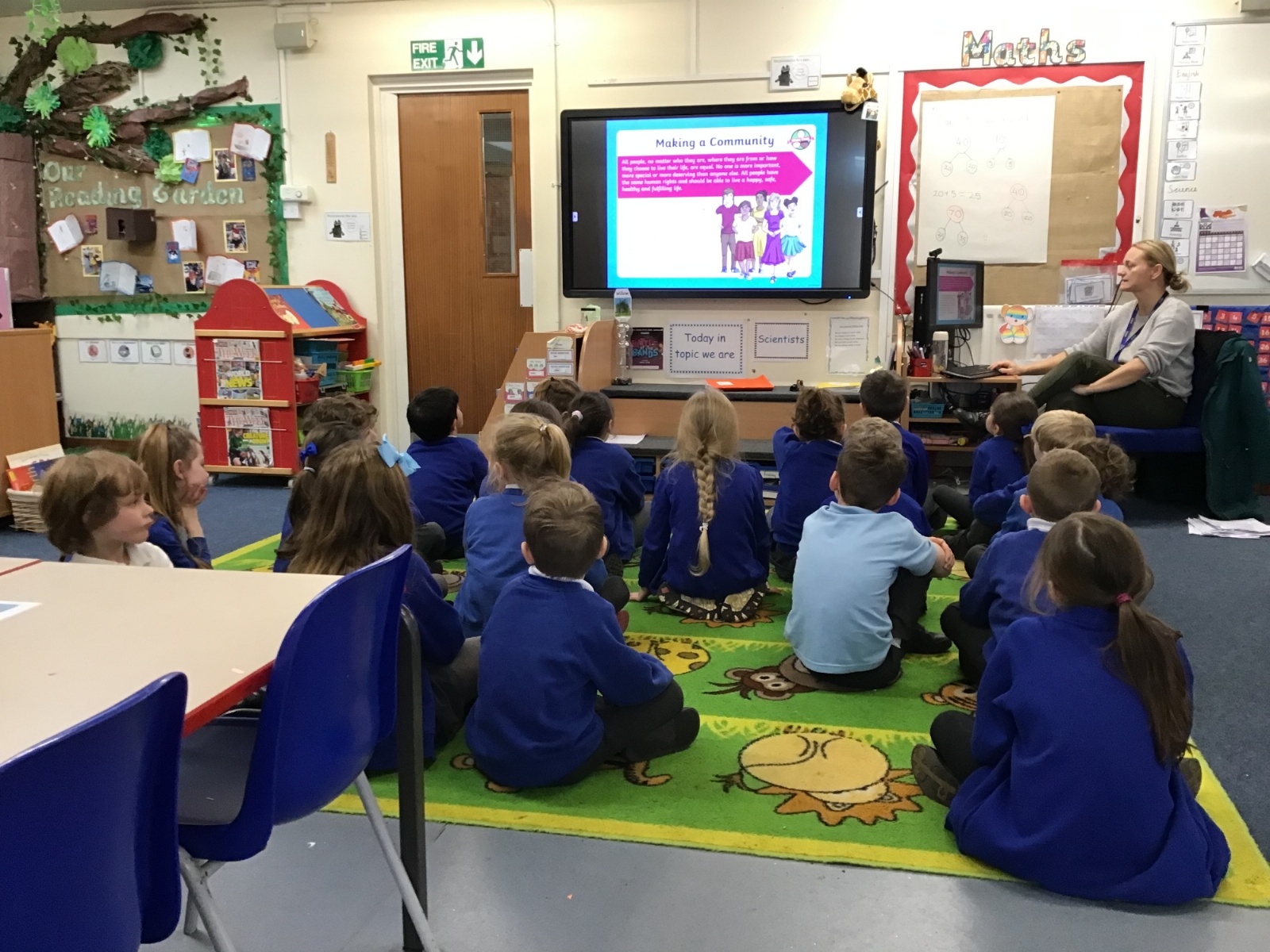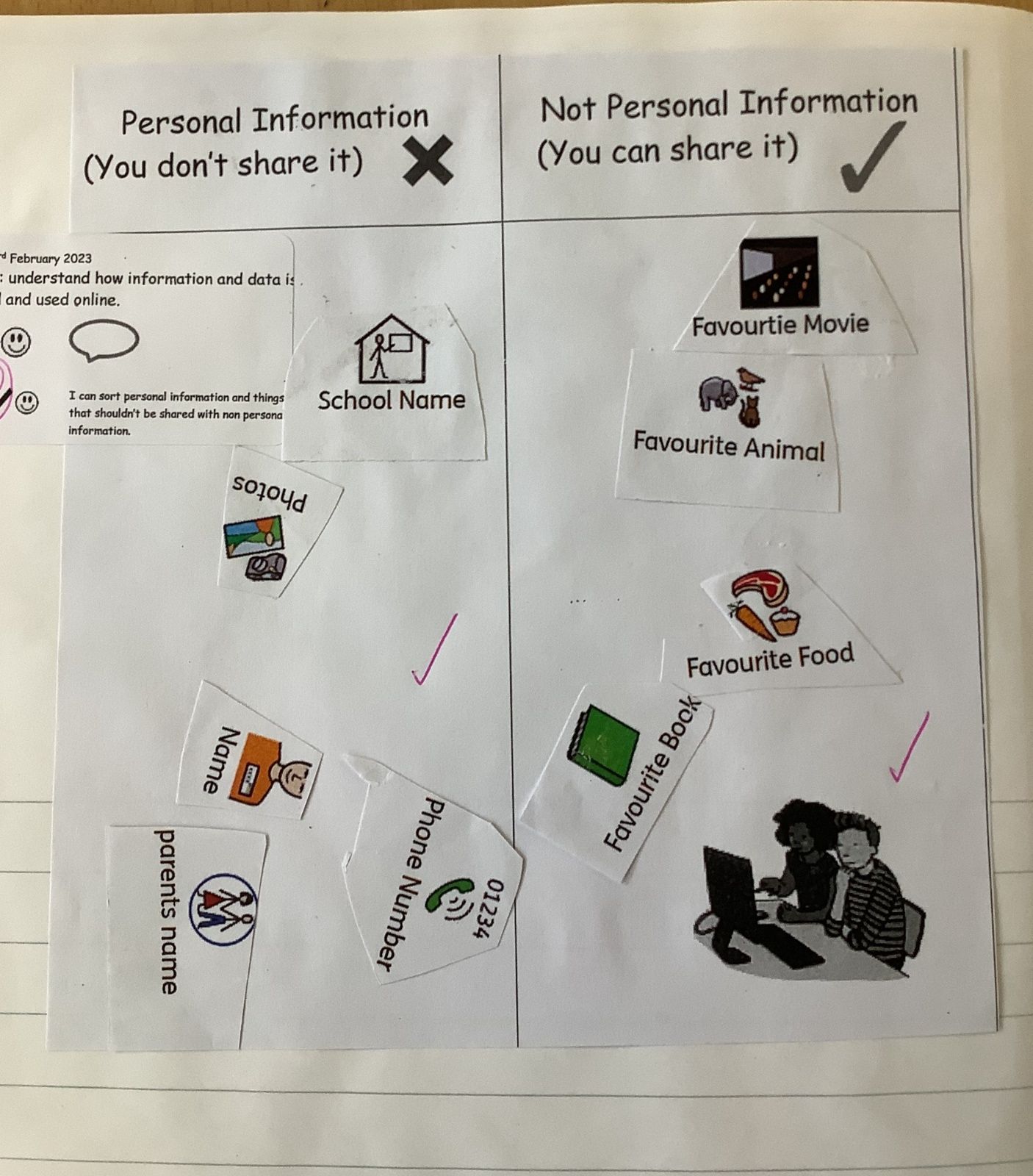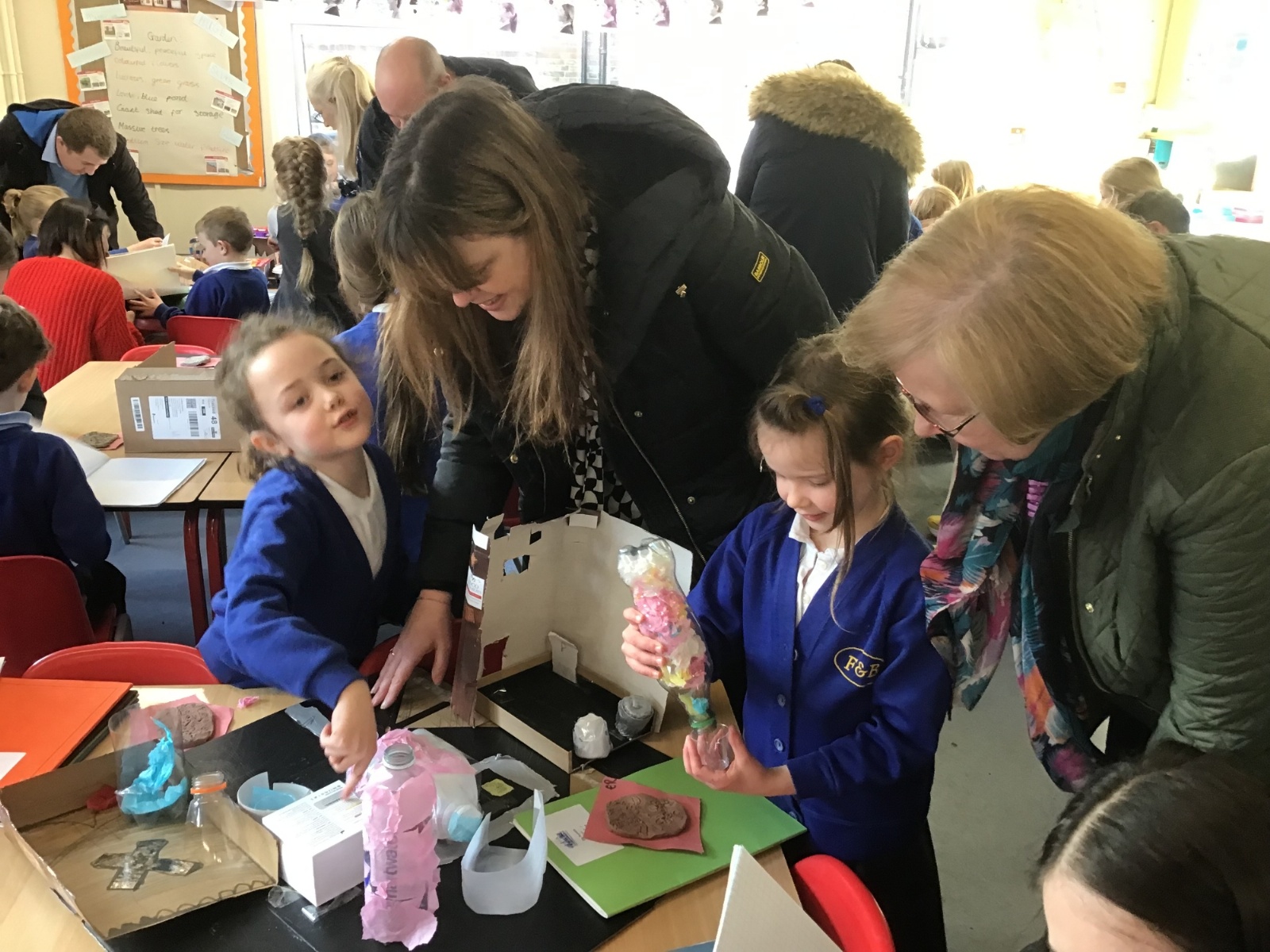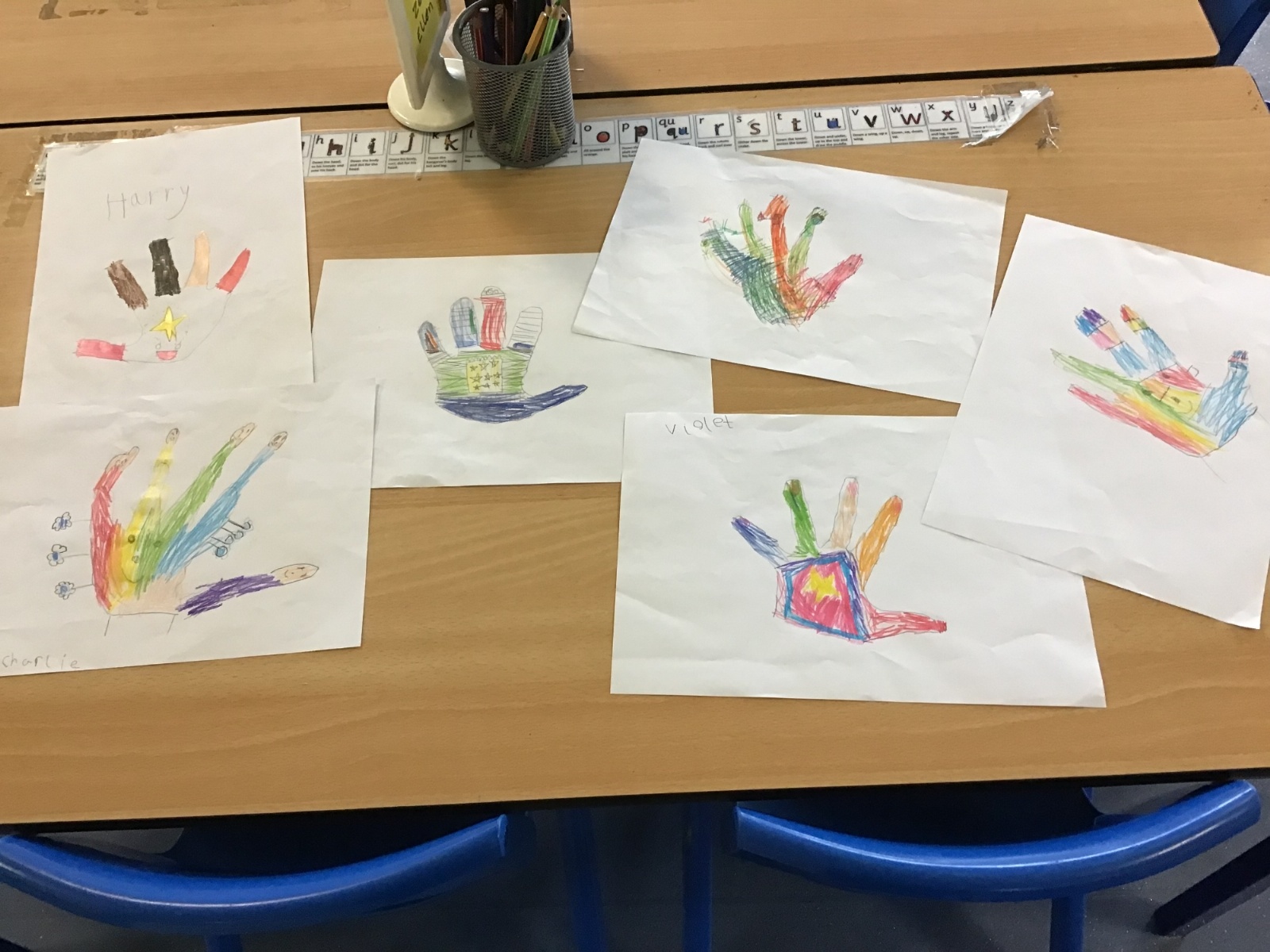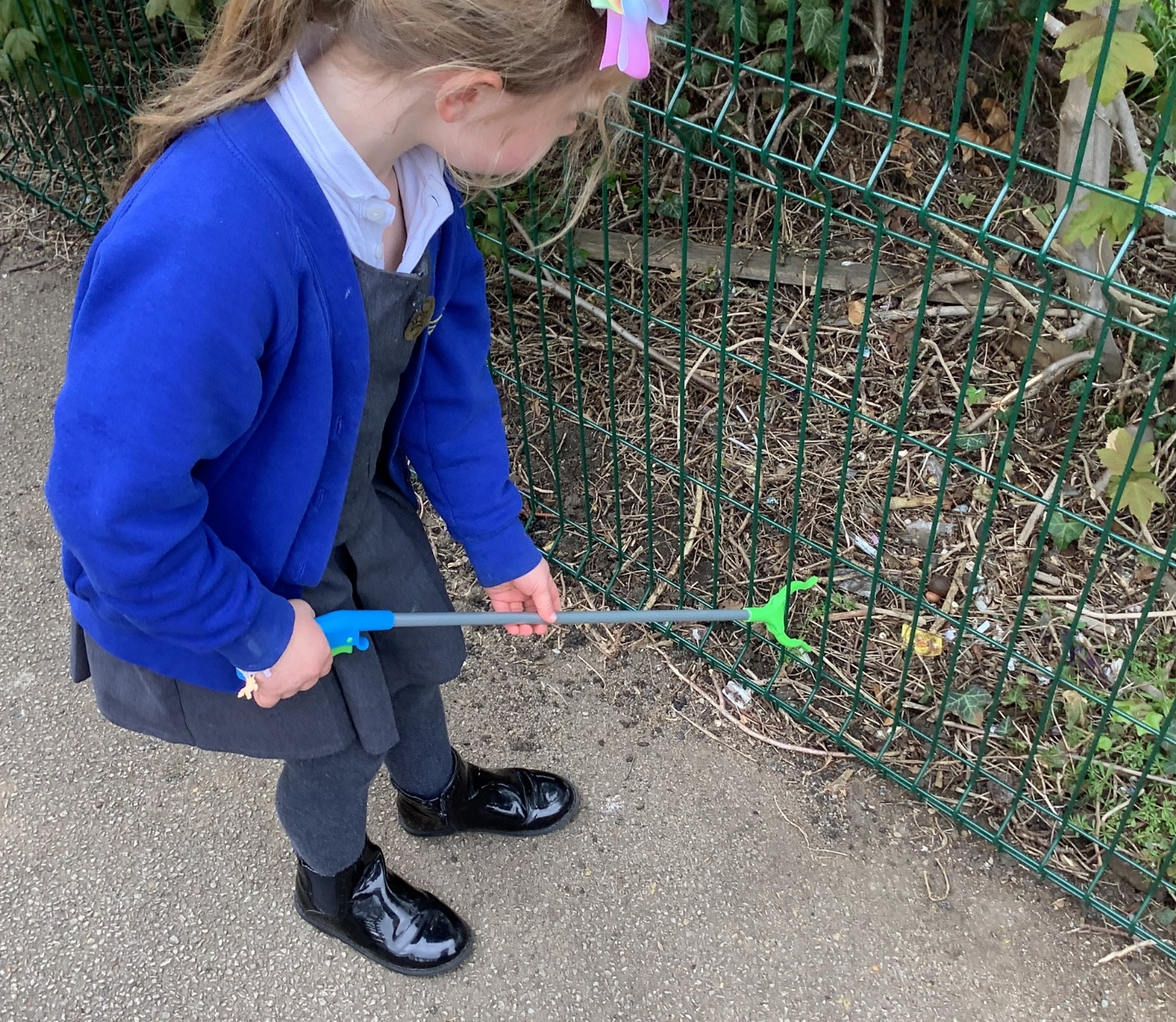PSHE and RSHE
Personal, Social, Health and Emotional Education / Relationships, Sex and Health Education
Aims of the PSHE and RSHE programme
At Fawbert and Barnard Primary school, PSHE is taught through the SCARF school curriculum and wider school context which helps pupils develop the knowledge, skills and attributes they need to keep themselves healthy and safe in the real and online worlds, and be a productive and responsible member of a modern British society. Children are taught about British values including their Rights and Responsibilities; they learn attributes which will equip them to become happy, confident, positive and healthy human beings. Relationships Education teaches children the qualities that are needed to maintain positive and supportive friendships and healthy relationships in later life.
Pupils' definition: PSHE/RSHE teaches us to stay happy, healthy and safe
What PSHE and RSHE looks like at F&B
PSHE is taught weekly through SCARF scheme of work that is appropriate to the diverse needs and ages of the children. We utilise the first-hand experiences and talents of our staff in teaching PSHE and every staff member has the responsibility to be a positive role model for the children.
- PSHE is also taught through planned Circle Time sessions that reflect the concerns of the children or current affairs.
- The school’s values are referenced in daily lessons where relevant and reinforced through weekly Year Group assemblies and Sharing Assembly where certificates are awarded.
- Children are given the daily opportunity of a moment of calm and reflection during collective assemblies.
- Walk to school Week, wellbeing club and our Healthy School Policy encourage children to become more fit, active and healthy.
- Weekly school assemblies afford the children opportunities to become confident speakers, actors and performers.
- Through special assemblies and educational visits, children gain the knowledge about other countries, cultures and religions. They learn about essential British Values such as Respect and Tolerance, about the value of Democracy during Remembrance Day and about their Rights and Responsibilities during such events as Friendship day or Autism Awareness Day and via special charity fund-raising events.
Children are encouraged to develop their sense of self-worth by playing an important role in school life, such as the elected School Councillors or Eco-warriors.
- Children know they can talk to any grown up in school if they are worried or feeling unhappy.
- Children attend Outdoor Learning with Pride and Play, where they can gain team-building skills, improve their communication skills and boost their confidence.
- Children learn about cyber-bullying and how to stay safe online through Computing lessons.
- Visits from the Fire Service and Police Force are utilised to teach children about people we can trust, potential dangers in society and how to stay safe from harm.
- Friendship Week help to create a school environment where everyone is treated with kindness and respect and all children feel safe and happy.
- The teaching of the NSPCC’s P.A.N.T.S. acronym teaches about children’s rights and ownership of their own body.
- Through our ongoing Internet Safety teaching, our specialist visitors and our school values, the children are equipped with the knowledge and skills necessary to make safe and informed choices.
- Relationship Education teaches children how to recognise the good qualities in friendships and relationships later in life.
PSHE and RSHE Outcomes at F&B
Through the SCARF programme of study and many other cross-curricular opportunities to teach PSHE, our children should reach a secure understanding of the following concepts.
- Identity and self-worth – children can identify their merits and are proud in their achievements.
- Family and relationships – children can say what is positive and healthy about their friendships and relationships within their family.
- A healthy, balanced lifestyle including mental well-being – children know that they can share their worries or concerns with any grown up at school.
- Risk and Safety – children can remember the PANTS acronym, online safety rules for keeping themselves safe.
- Diversity and Equality – children are respectful and kind to others.
- Personal Rights and Responsibilities – pupils can express their opinions clearly in class and assemblies; they are thoughtful and charitable.
- They learn about British Values and the attribute of morality and know what is right and wrong.
- Change and Resilience – children know what strategies to use if they feel they are being bullied or feel unsafe or unhappy.
- Aspirations and Careers: pupils can verbalise their future goals and ambitions.
At Fawbert and Barnard Infants’ School, we recognise that the personal development of children plays a significant role in their ability to learn, achieve and be happy individuals. We therefore aim to provide an education that provides children with opportunities to explore and develop:
- The school’s values and beliefs;
- Their own values and beliefs;
- Their own physical and mental health;
- Their own spiritual awareness;
- Their own high standards of personal behaviour;
- Their critical thinking skills;
- A positive, caring and respectful attitude towards other people;
- An understanding of their social and cultural traditions;
- An appreciation of the diversity and richness of their cultures.
The DfE have recently reinforced the need “to create and enforce a clear and rigorous expectation on all schools to promote the fundamental British values of democracy, the rule of law, individual liberty and mutual respect and tolerance of those with different faiths and beliefs.”
At Fawbert and Barnard Infants’ School we recognise the multi-cultural, multi-faith and ever-changing nature of the United Kingdom. We are committed to ensuring that groups or individuals within the school are not subjected to intimidation or radicalisation by those wishing to unduly, or illegally, influence them. The school accepts admissions from all those entitled to an education under British law, including pupils of all faiths or none. It follows the policies outlined by our governing body regarding equal opportunities, which guarantee that there will be no discrimination against any individual or group, regardless of faith, ethnicity, gender, sexuality, political or financial status, or similar.
The Government emphasises that schools are required to ensure that key ‘British Values’ are taught in all UK schools. The government set out its definition of British values in the ‘Prevent Strategy’ – values of:
- Democracy
- The rule of law
- Individual liberty
- Mutual respect
- Tolerance of those of different faiths and beliefs
Democracy
At the start of the school year, the children in each class discuss and agree upon their class rules and routines. These are then signed and displayed in each classroom and are referred to throughout the year. Throughout the year, pupils discuss whether these should be amended and updated.
We have a school council and a group of eco-warriors which meets regularly to discuss a variety of school issues. At the start of the year, the pupils in each class vote for their two school council and two eco-warrior representatives, one male and one female.
All classes have responsibility roles, such as fruit monitors, milk monitors, book monitors. Pupils are encouraged to take turns volunteering to take on these roles and their responsibilities are highly respected and valued in school.
Other opportunities for discussion of opinions and voting take part in school throughout the year. Classes cast their votes with help of our voting boxes that are used by all subject leaders. The topic of the vote is written, displayed pictorial and recorded verbally on a recording card so it can be accessed by all children, young and old.
The Rule of Law
At Fawbert and Barnard Infants’ School we have high expectations of pupil conduct and behaviour which is reflected in our Behaviour Policy. Each class has its own rewards' system through which good behaviour is celebrated and a web of resilience to encourage and reward learning powers like perseverance, really noticing, being absorbed and managing distractions. There is also time in the weekly head teacher’s assembly to share good work. Through our school assemblies, circle time and PSHE curriculum, children are taught about respect and trust; they are supported to develop a strong sense of morality; knowing right from wrong and doing the right thing even when it’s difficult. Every year group has annual e-safety lessons informing the pupils of their right to safety and privacy and how to obtain help if they believe they are in danger.
Individual Liberty
At F&B, we encourage pupils to make choices in a safe and supportive environment. Through our school values and the PSHE curriculum, pupils are taught about personal responsibility, choices, ambition and aspiration. They are taught how to keep themselves safe, including on-line. This is done through computing lessons, assemblies and outside organisations such as the NSPCC, in addition to the PSHE curriculum. The pupils have opportunities to explore their identity and share their thoughts and feelings. All staff encourage children to access support and to freely talk about their feelings and any problems facing them.
Mutual Respect
Through our school’s values, PSHE curriculum and circle time pupils are taught to respect each other, to be cooperative and collaborative, to be supportive to one another and to look for similarities but also value and respect differences between each other. Our school assemblies explore ideas, stories and celebrations from a range of cultures and backgrounds. All adults at F&B model respectful behaviour at all times.
Tolerance of those of Different Faiths and Beliefs
At F&B we teach the children to value and celebrate diversity rather than merely tolerate it. This is reflected in our RE, PSHE and Inclusion and Equality policies. An understanding of different faiths and beliefs is promoted through our Religious Education curriculum and children learn about different religions, their beliefs, places of worship and festivals. In addition, in whole school assemblies significant religious and cultural festivals such as Ramadan, Eid, Diwali and Chinese New Year are celebrated and learnt about throughout the year. We are fortunate at F&B to have pupils from a variety of countries and religions. We are proud of how this makes our school such a rich and diverse community and aim to celebrate this whenever possible in school. For example, as part of our secret reading initiative, we invited parents and staff who speak a different language to come and read a book or story in that language.
An understanding of and respect for different cultures is also promoted at F&B through 6 (one each half-term) Continent Culture days when pupils learn more about the language, food (choices for that day’s lunch link to the continent) and heritage of different countries. During the second half-term of Summer, the focus was on Ukraine and a Year 2 girl that moved from Ukraine and joined our school created a lesson for the rest of the school in which she taught them Ukrainian words and phrases. We also have Art week, where pupils learn about art works and artists from a variety of countries. At the end of this week the Art work the children have created is displayed as a gallery for all the parents to see.
Montessori
“The education of even a small child, therefore, does not aim at preparing him/her for school, but for life” Maria Montessori.
At F&B, we recognise the positive impact that a strong EYFS foundation has on children’s learning, particularly in areas such as PSHE. It is at this entry into school where the differences in children’s experience become clear and effective teaching and learning works to reduce gaps and enable all children to reach their potential and develop the skills required to function both in school and wider society.
PSHE in the Early Years Foundation Stage is delivered through the ‘Personal, Social and Emotional Development’ area of learning. This area of the child's learning is concerned with wellbeing – knowing who you are, where you fit in and feeling good about yourself. It is also about developing respect for others, social competence and a positive disposition to learn. It is divided into 3 aspects – ‘Self-regulation, Managing Self and Building Relationships’. Positive experiences are built through daily opportunities to share, discuss, and enjoy a range of different activities. The children are given the opportunity to engage in social activities, as members of a small group as well as during whole school activities.
In Early Years, children are introduced to practical life activities to encourage independence and self-confidence as well as development through the senses with beautifully designed materials to awaken learning through direct sensorial experience. An example of this is the teeth and toothbrush trays that were purchased when local data showed children in our community have declining oral health. Through the explicit and implicit teaching of PSHE in Early Years and the rest of the school, we are aiding our children to achieve their full potential by supporting their well-being and tackling issues that can affect their ability to learn.
Children will learn to form positive relationships in a setting that supports mutual respect and understanding and that celebrates and acknowledges differences. With adults as guides and role models, children at F&B will learn to develop anti-discriminatory attitudes. They will be encouraged to gain a knowledge and understanding of their own culture and community to help them develop a sense of belonging and a strong self-image.
Role play is used to help children explore their own culture and appreciate the similarities and differences in those of others. A positive self-image and high self-esteem will be encouraged to give children the confidence to make the most of opportunities, to communicate effectively and to explore the world around them. Children learn about different kinds of relationships. Being with the same adults and children regularly gives them the time and opportunity to develop relationships that promote social competence. The children will be encouraged to think about and practise ways of solving problems to help them to feel capable of responding to challenges.
Sun Safe Schools
PSHE/RSHE information for parents from SCARF
Power-point slides from Parent Consultation sessions
PSHE/RHE newsletter
Kindness Week 2023
PSHE/RHE policy
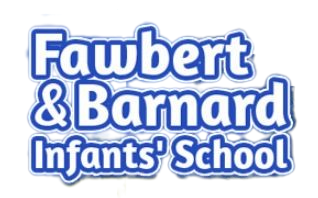
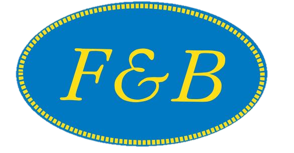
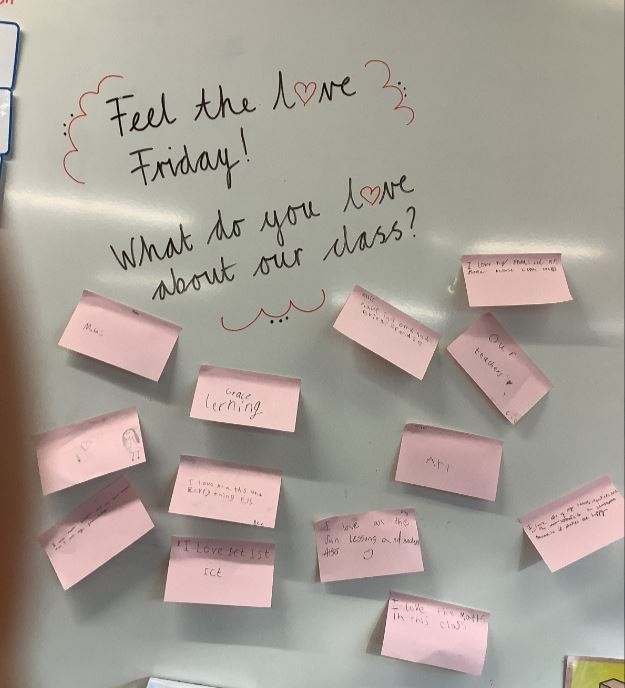
.JPG)
.jpeg)

.jpeg)
